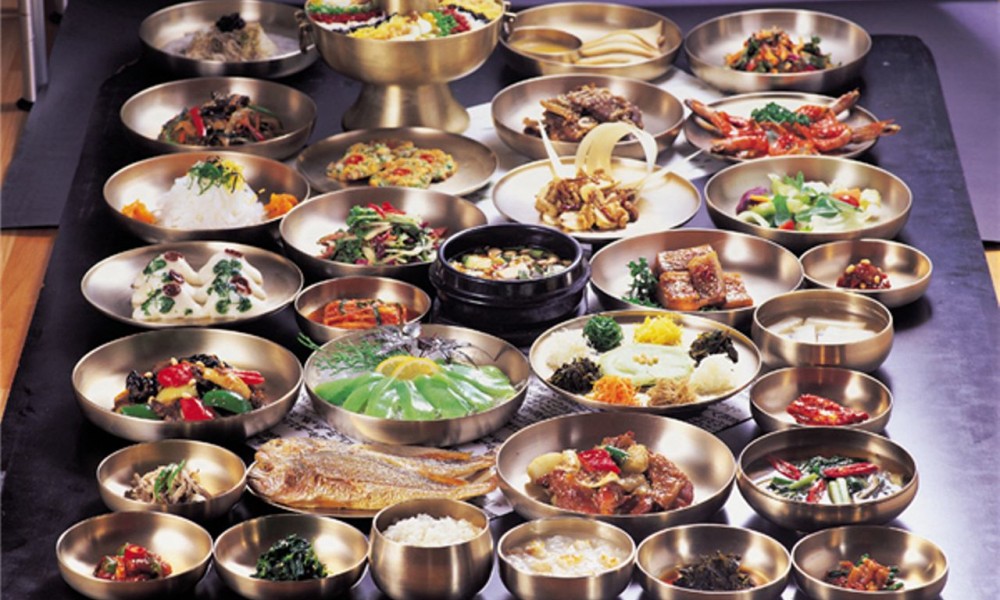Hansik holiday in South Korea

Traditional holiday came to the Koreans from China. According to a legend, the Emperor Mungon and his servant while hiding in the mountains from enemies, ran out of food. To save the governor from starvation, his servant cut off the flesh from his thigh and cooked a soup. Back to palace, the ruler generously awarded his faithful courtiers, but forgot about the one who saved his life. When Mungon found his saviour in the woods, the latter even refused to come out to greet the emperor. In anger, the monarch ordered to burn the woods down, and only later on, filled with remorse, Mungon ordered that each year that day the setting of fire is forbidden.
Traditionally, dishes for the day are prepared in advance, the basic diet of the Koreans consists of wine, fruit, kuksu and vegetables. In addition, they cook chopped rice bread with wormwood.
Among other things, this day rites to worship ancestors are observed. Korean families visit their ancestors' tombs, where revered memory of relatives and perform the ritual djesa by laying food on a grave. According to custom, the first goes offering of sacrifices to underground spirit. The eldest family member fills a glass with soju (Korean vodka) and thrice pours it out near the gravestone. Then everyone bows and lays tablecloth with meals which should be tried by everybody.

